Jakarta, 25 April 2025 – A high-level delegation from Türkiye, led by the Mayor of Şahinbey (Gaziantep), has completed a three-day study visit to Jakarta to learn from each other about inclusive approaches to waste management, with a particular focus on strategies that integrate informal waste workers into formal waste management systems.
The visit, facilitated by WWF’s Plastic Smart Cities programme, aimed to exchange best practices between the two cities and explore solutions to common challenges in combatting plastic pollution in highly populated urban areas. The delegation visited several waste management facilities in Jakarta, including community waste banks and material recovery facilities that prioritise incorporating informal waste collectors into their operations.
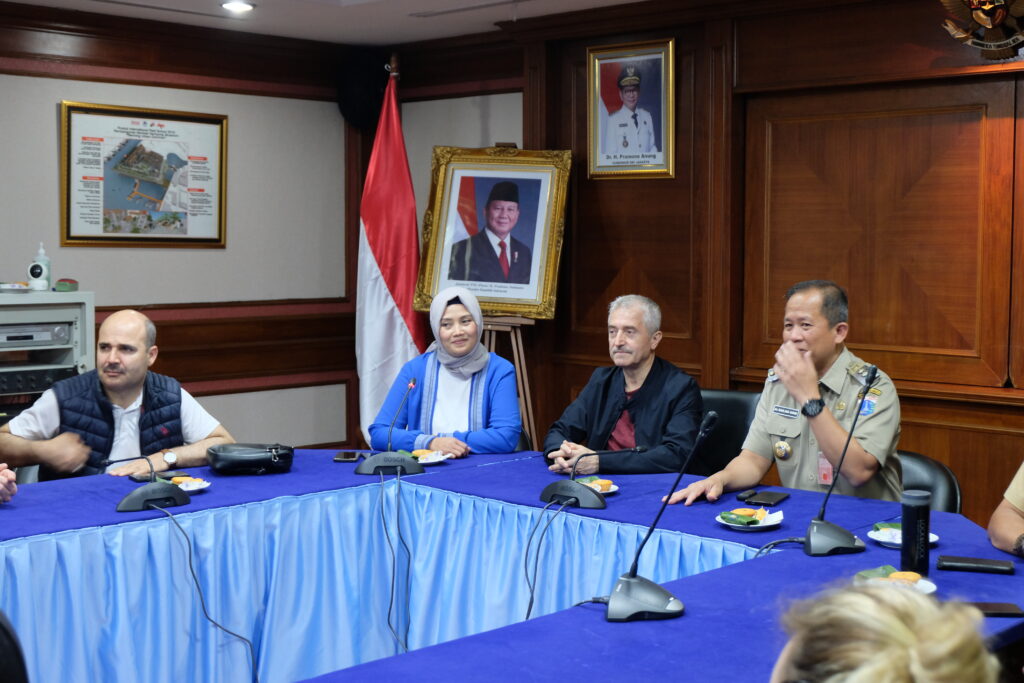
“Indonesia’s approach to community-based waste management systems not only addresses the environmental challenges of plastic pollution but also recognizes the vital role that informal waste workers play in the recycling value chain — this is likewise critical for Şahinbey,” said Mehmet Tahmazoğlu, the Mayor of Şahinbey.
With over a million residents, Şahinbey is a key district in the larger city of Gaziantep – the third most populous city in Turkiye. Since 2024, Sahinbey has been collaborating with WWF-Türkiye to implement a three-year EU project that aims to improve living and working conditions of waste workers by formalizing their inclusion into the city’s waste management systems.
“Under the scope of the “Zero Waste Project” initiated by the Ministry of Environment and Urbanization, Şahinbey has already made significant strides in recycling. Now, we are keen to make progress on this project – a first of its kind in Türkiye – so that waste workers who carry both the burden and the future of the world on their shoulders, can have better and healthier working conditions, and be recognised for their professional status,” the Mayor of Şahinbey added.
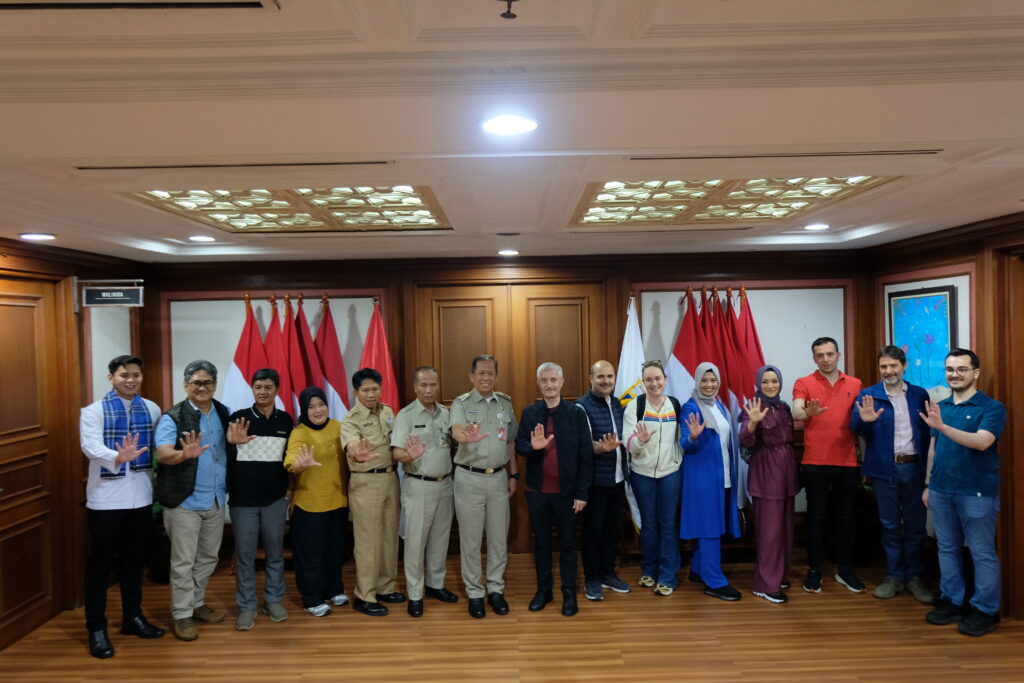
The delegation met with the Mayor of North Jakarta, whose city has been designated by the Ministry of Environment as a testing ground for Indonesia’s national roadmap for waste management. As an appointed collaborator in this roadmap, WWF-Indonesia will support North Jakarta on educational programmes, public campaigns, and introduce best practices on waste infrastructure that could transform plastic waste management systems across Indonesia.
“We are honoured to share our experiences with our Türkiye friends and proud that our community-based approaches are gaining recognition. Our success comes from strong collaboration across diverse sectors in the waste value-chain. By connecting local authorities with small businesses and community organizations, we recognize that informal waste workers are essential environmental stewards who deserve dignified working conditions,” said Ali Maulana Hakim, Mayor of North Jakarta during the meeting.
Both mayors emphasized the importance of addressing plastic pollution through comprehensive approaches that tackle both upstream and downstream segments of waste management, and expressed commitment to continue collaboration and knowledge sharing as they work toward more sustainable and inclusive waste management systems in their respective regions.
“To effectively combat plastic pollution, we must work simultaneously on reducing the production of plastic waste while improving our management of existing waste. One of the key lessons we’re taking home is the importance of strengthening waste collection systems, starting from proper segregation at household level, all the way to storage and transportation infrastructure. These elements, often overlooked, are essential for achieving successful recovery of plastic waste,” added the Mayor of Şahinbey.
The visit included study tours of WWF-Indonesia’s Plastic Smart Cities initiative partners — UD Mulia Jaya Junkshop, Kumala Main Waste Bank (awarded Best National Waste Bank by the Ministry of Environment and Forestry in 2024), Joe Material Recovery Facility (MRF), Gudang 45 Junkshop, and Waste4Change Supplier Point.
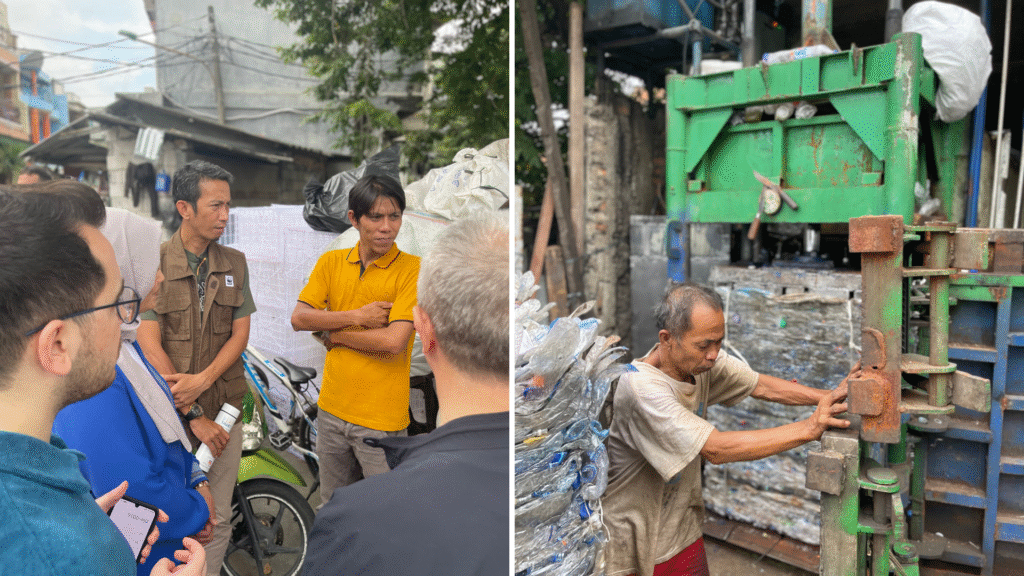
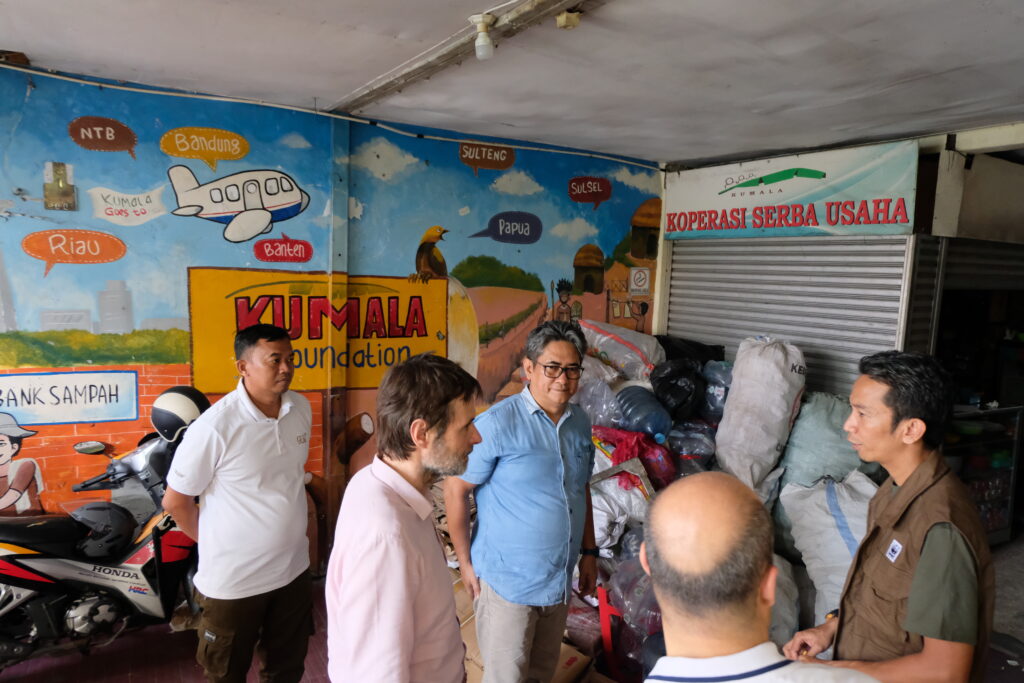
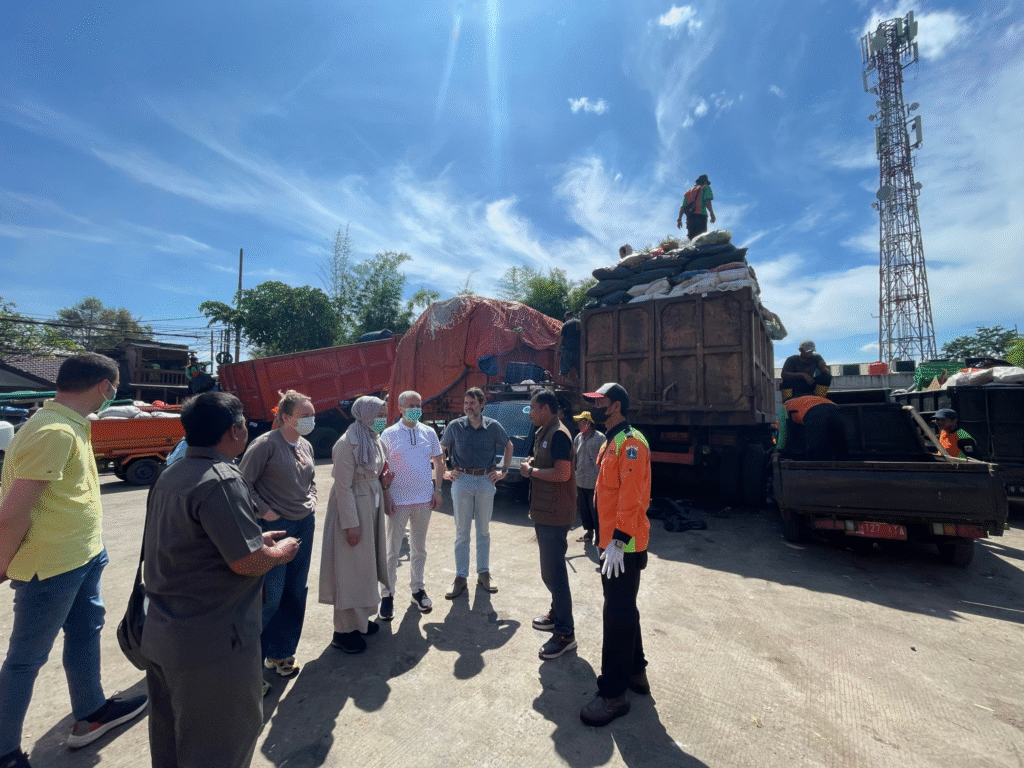
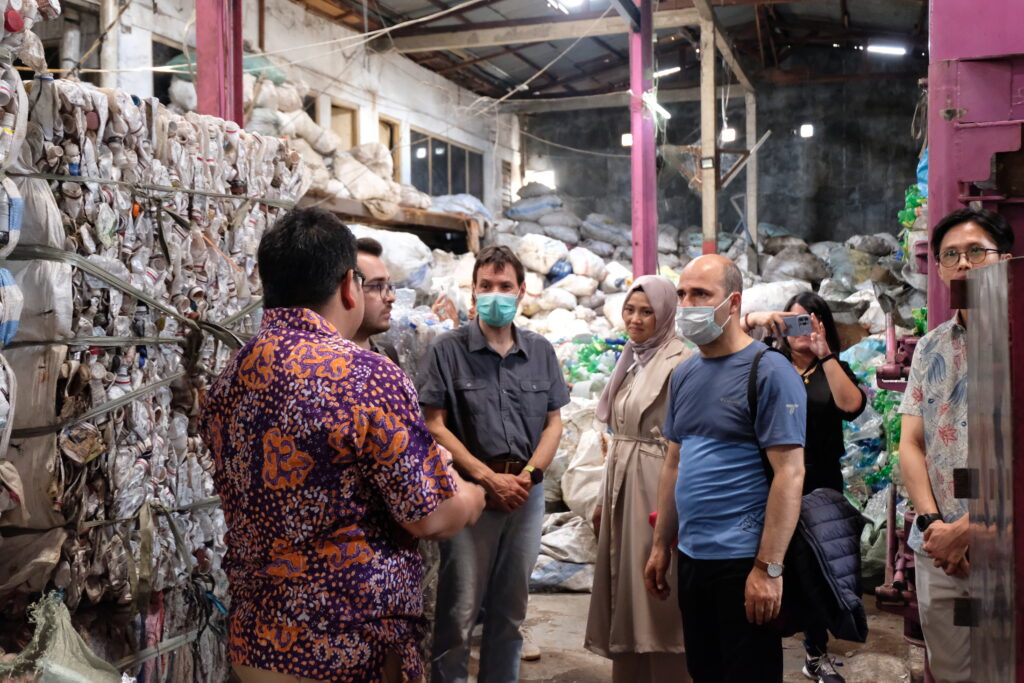

These facilities demonstrated various models of integrating informal waste collectors into formal waste management systems, providing them with stable incomes, improved working conditions, and social recognition.
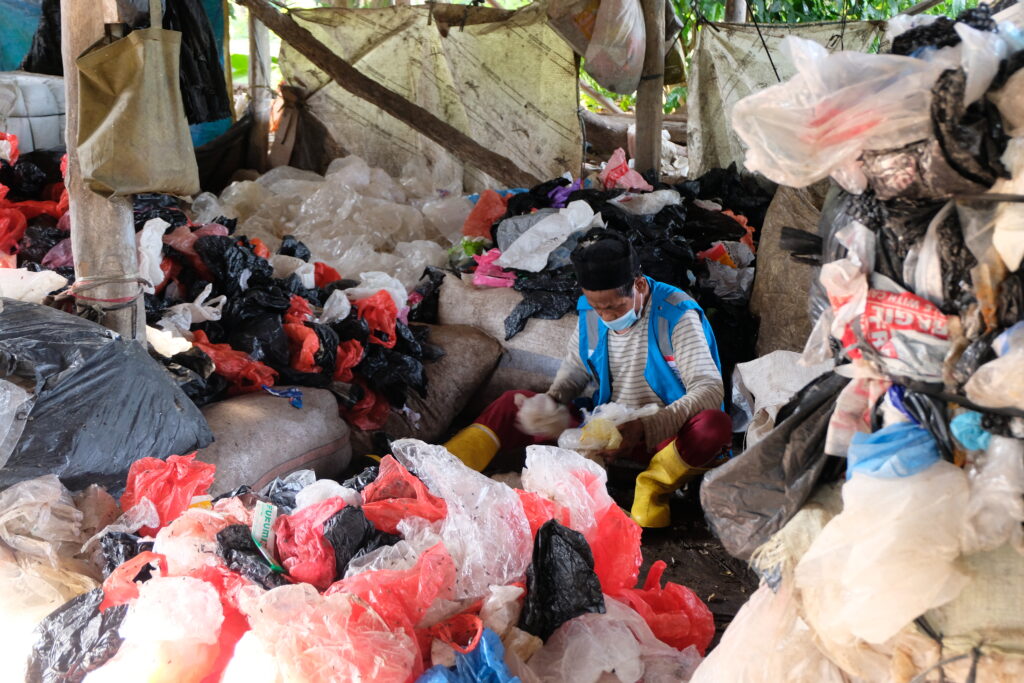
“This exchange of knowledge exemplifies the power of international collaboration in addressing environmental challenges,” said Aditya Bayunanda, CEO of WWF-Indonesia. “Through Plastic Smart Cities, we’ve seen how a holistic approach is necessary to reduce plastic leakage into nature. We need to reduce single-use plastic and its production while improving segregation, collection, and recycling infrastructure. In Indonesia, we cannot ignore the involvement of the informal sector in the management of waste. By incorporating them into this comprehensive strategy, we not only increase recycling rates and reduce plastic leakage to nature but also significantly improve their livelihoods.”
The CEO of WWF-Türkiye echoed these sentiments: “This visit marks a significant step forward in our efforts to develop scalable solutions to plastic pollution in Gaziantep. What we’ve learned from each other will directly inform our EU-funded project to improve the working conditions of waste pickers and integrate them into legal frameworks. The success stories we’ve witnessed in Jakarta prove that environmental protection and social inclusion can go hand in hand, especially when we address the entire plastic value chain from production to disposal.”


